Chemistry & Biochemistry Seminars Fall 2024
USU's Department of Chemistry and Biochemistry presents the weekly seminar series to give students and faculty the opportunity to learn about cutting-edge research in the field. Seminar is held on Wednesdays at 4:00 p.m. (Mountain Time) in ESLC 046.
August 28 | Yang Liu, PhD |
University of Utah
September 4 | TBA
September 11 | John McLennan, PhD |
University of Utah (EGI)
September 18 | TBA
September 25 | TBA
October 2 | Matt Beard, PhD |
National Renewable Energy Laboratory (NREL)
October 9 | Gregory Hartland, PhD |
University of Notre Dame
October 16 | Tho Nguyen, PhD |
University of Georgia
October 23 | Orion Berryman, PhD |
University of Montana
October 30 | TBA
November 6 | Patrick Z El Khoury, PhD |
Pacific Northwest National Labratory (PNNL)
November 13 | Ting Xiao, PhD |
University of Utah (EGI)
November 20 | TBA
November 27 | No Seminar | Thanksgiving Break
December 4 | Xiongyi Huang, PhD |
John Hopkins University
Time: 4:00-5:00 p.m. (Mountain Time)
Location: ESLC 046
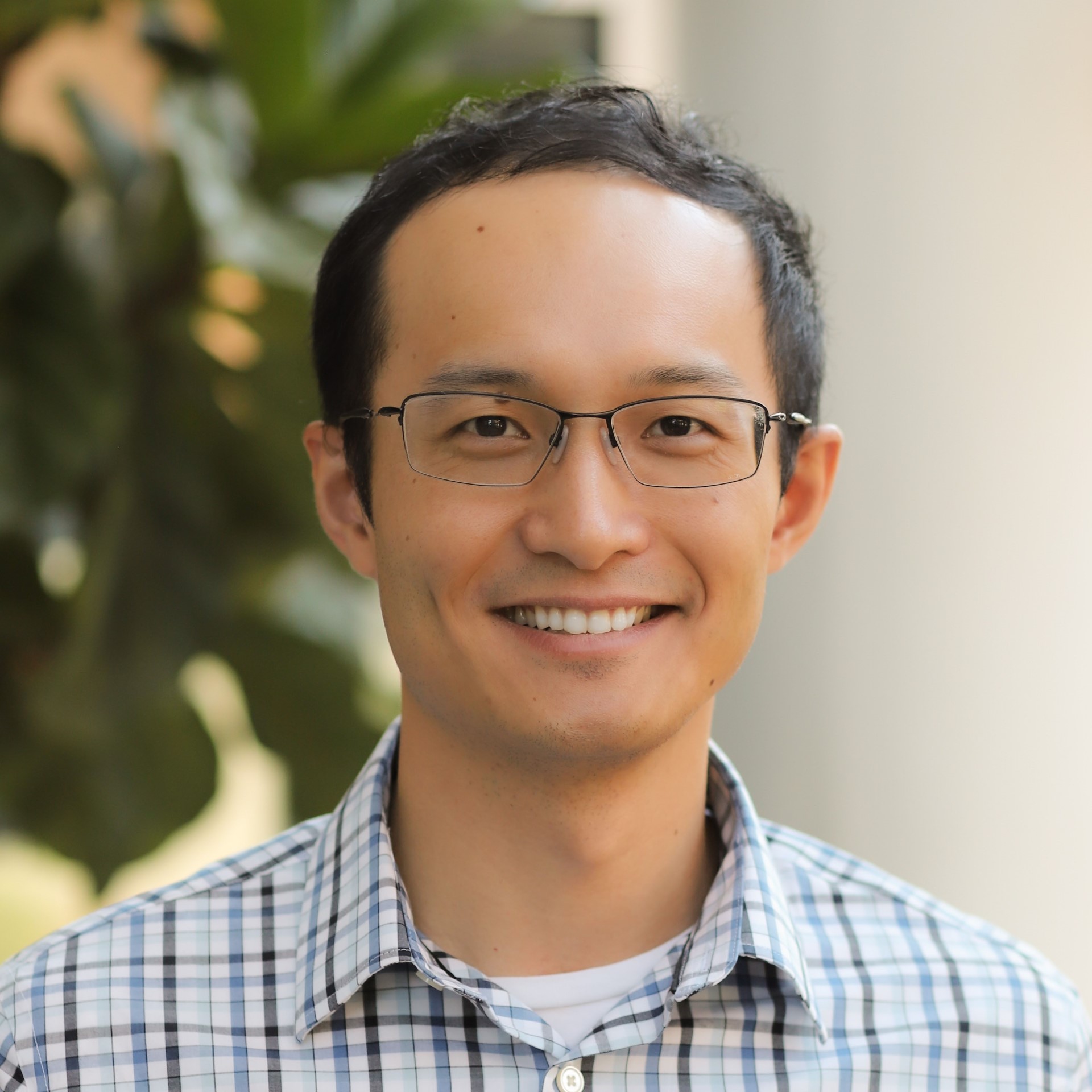
Yang Liu, PhD | Very fast CRISPR and DNA repair
August 28, 2024 | 4:00 p.m. | ESLC 046
Host: Dr. Ryan Jackson
Affiliation: University of Utah
About the Speaker: Dr. Liu received his PhD from Emory University in 2016 and then relocated to Baltimore to pursue postdoctoral training at Johns Hopkins University School of Medicine. He started his lab as an assistant professor in the Department of Biochemistry at the University of Utah in 2022. He has received several awards and research funding from the National Institute of Health and the American Cancer Society.
"We study how cellular machinery detects, signals, and repairs DNA lesions, a collective network known as DNA damage response (DDR). Many human diseases are associated with DDR defects, including developmental abnormalities, accelerated aging, and common cancers. In particular, we leverage state-of-the-art chemical biology, genomics, and microscopy techniques to characterize DDR processes within its genomic and cellular context. We developed a controllable CRISPR-Cas9 technology, termed very fast CRISPR (vfCRISPR) (Liu et al., Science 2020), which can induce DNA double-strand breaks (DSB) after light stimulation and with second-scale temporal resolution. This enabling technique, akin to the ‘Channelrhodopsin’ in optogenetics, allows ultrafast genome perturbation and is compatible with multi-omics and imaging methods to capture the DSB-induced alterations at the molecular, genomic, and cellular levels. Together, our interdisciplinary research in nucleic acids, gene editing, and cellular biophysics will significantly deepen our knowledge of genome maintenance and shed light on improving biotechnologies for precision genome editing."

To Be Announced |
September 4, 2024 | 4:00 p.m. | ESLC 046
Host:
Affiliation:
About the Speaker:
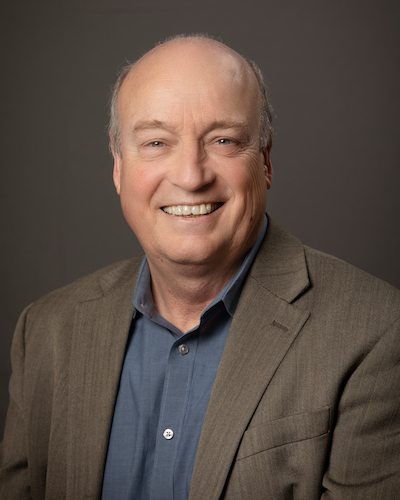
John McLennan, PhD |
September 11, 2024 | 4:00 p.m. | ESLC 046
Host: Dr. Lance Seefeldt
Affiliation: University of Utah (EGI)
About the Speaker: John is a USTAR Associate Professor in the Department of Chemical Engineering at the University of Utah. He holds a PhD in Civil Engineering from the University of Toronto, Canada (1980). His experience extends to petroleum service and technology companies. He worked for Dowell Schlumberger in Denver, Tulsa and Houston; later, with TerraTek in Salt Lake City, Advantek International in Houston, and ASRC Energy Services in Anchorage. He has worked on coalbed methane recovery, mechanical properties determinations, produced water and drill cuttings reinjection, as well as casing design issues related to compaction. John’s recent work has focused on optimized gas production from shales and unconsolidated formations.

To Be Announced |
September 18, 2024 | 4:00 p.m. | ESLC 046
Host:
Affiliation:
About the Speaker:

To Be Announced |
September 25, 2024 | 4:00 p.m. | ESLC 046
Host:
Affiliation:
About the Speaker:
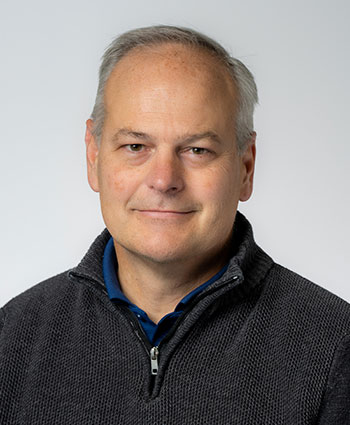
Matt Beard, PhD |
October 2, 2024 | 4:00 p.m. | ESLC 046
Host: Dr. Tuan Trinh
Affiliation: National Renewable Energy Laboratory (NREL)
About the Speaker: Dr. Matthew C. Beard serves as the director of the Center for Hybrid Organic Inorganic Semiconductors for Energy (CHOISE), an Energy Frontier Research Center funded by the Office of Science with the U.S. Department of Energy. CHOISE’s mission is to form a cohesive center-wide effort to accelerate discovery and elucidate design principles for unprecedented control over emergent properties involving spin, charge, and light-matter interactions, leading to new energy-efficient advanced technologies. Dr. Beard is also funded through the Solar Photochemistry program within the Office of Science, Basic Energy Sciences. He is developing novel quantum dot systems for solar energy harvesting and conversion and spectroscopic probes of charge-carrier dynamics.
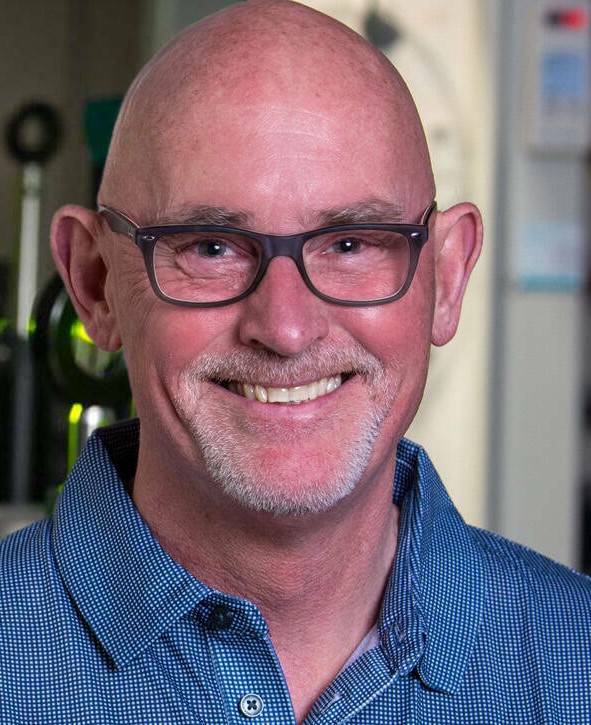
Gregory Hartland, PhD | Olsen Lecture
October 9, 2024 | 4:00 p.m. | ESLC 046
Hosts: Dr. Tuan Trinh, Dr. Yi Rao
Affiliation: University of Notre Dame
About the Speaker: Research in the Hartland group is focused on using optics to examine the properties of nanomaterials and how these materials interact with their environments. Almost all of the projects in the group involve single particle studies, and the development of novel techniques to perform time-resolved and steady state spectroscopy experiments on single particles is a major component of the research. Examples of the processes that are being studied are the propagation of surface plasmon polaritons in metal nanostructures, charge carrier trapping and diffusion in semiconductor nanowires, chemical reactions in nanomaterials, and the effects of viscosity at the nanoscale. The work is very interdisciplinary, bridging the fields of physical and analytical chemistry and involving collaborations with groups around the world as well as at the University of Notre Dame.
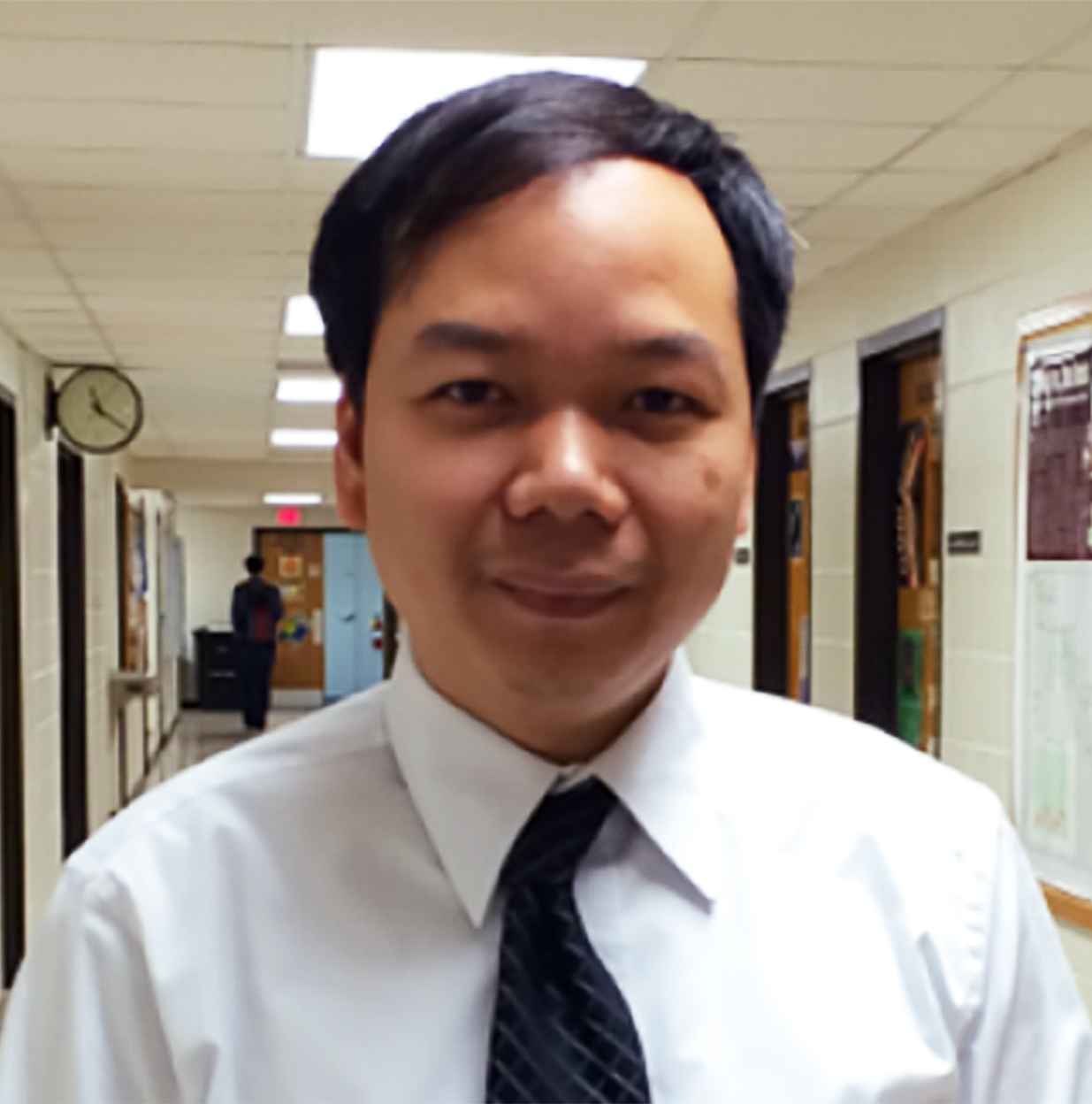
Tho Nguyen, PhD |
October 16, 2024 | 4:00 p.m. | ESLC 046
Host: Dr. Tuan Trinh
Affiliation: University of Georgia
About the Speaker: My group is about Spintronics in π-conjugated organic semiconductor. We fabricate various organic spintronics devices such as organic spin valves, organic light emitting diodes (OLEDs), organic solar cells, spin-OLEDs and perform optical and magneto-electrical characterization of those devices. We optimize the device performance by investigating carrier-spin related interaction such as hyperfine interaction and spin-orbit interaction in the organic semiconductor. We possess various optical experiments to characterize the π-conjugated semiconductor thin films and devices such as photocurrent, photo- and electro-luminescence, photo- and charge-induced absorption.
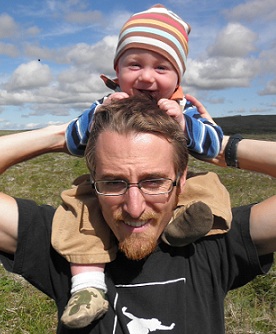
Orion Berryman, PhD |
October 23, 2024 | 4:00 p.m. | ESLC 046
Host: Dr. Steve Scheiner
Affiliation: University of Montana
About the Speaker: Orion grew up enjoying the great outdoors surrounding Homer, Alaska. In 2003, Orion received a B.A. in chemistry and a minor in music from the University of New Hampshire. For postbaccalaureate studies Orion attended the University of Oregon--earning a PhD in organic/inorganic chemistry in 2008. During his doctoral studies Orion helped define the nature of anion/arene interactions under the guidance of Darren W. Johnson. Postdoctoral studies led Orion to The Scripps Research Institute in La Jolla, CA where he worked for Julius Rebek Jr. developing light responsive catalysts and ligands that encapsulate uranium. In 2012, Orion joined the chemistry and biochemistry faculty at the University of Montana. Orion is a CoBRE investigator within the Center for Biomolecular Structure and Dynamics where he will teach and develop new catalysts that utilize noncovalent interactions as well as self-assembled ligands for ion remediation.

To Be Announced |
October 30, 2024 | 4:00 p.m. | ESLC 046
Host:
Affiliation:
About the Speaker:
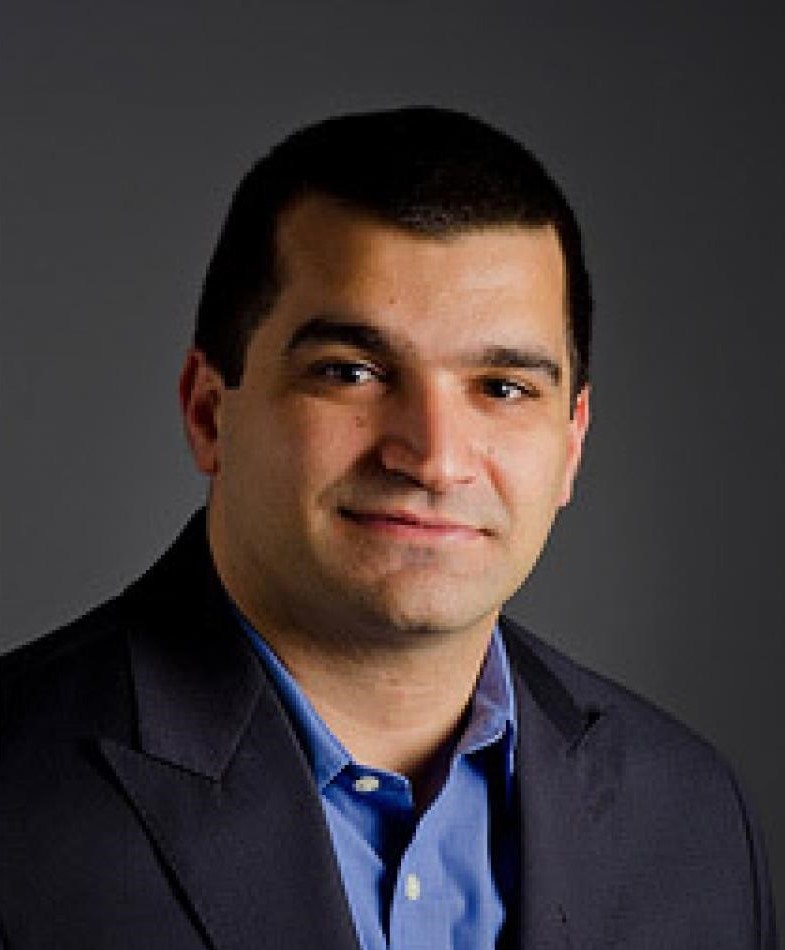
Patrick El-Khoury, PhD |
November 6, 2024 | 4:00 p.m. | ESLC 046
Host: Dr. Yi Rao
Affiliation: Pacific Northwest National Labratory (PNNL)
About the Speaker: Patrick El-Khoury received a BS in chemistry from the American University of Beirut (2003−2006, advisor: B. R. Kaafarani), a doctorate in photochemical sciences from Bowling Green State University (2006−2010, advisor: A. N. Tarnovsky), and postdoctoral training at the University of California, Irvine (2010−2012, advisor: V. A. Apkarian). Soon after, he joined Pacific Northwest National Laboratory (PNNL) as a Linus Pauling Distinguished Postdoctoral Research fellow (2013−2016, mentor: Wayne P. Hess). Currently, Patrick is a senior research scientist in the Chemical Physics and Analysis group, within the Physical Sciences Division at PNNL. Among other things, he spends his days worrying about molecules, plasmons, and their interactions as gauged through tip-enhanced Raman nanospectroscopy and nanoimaging.
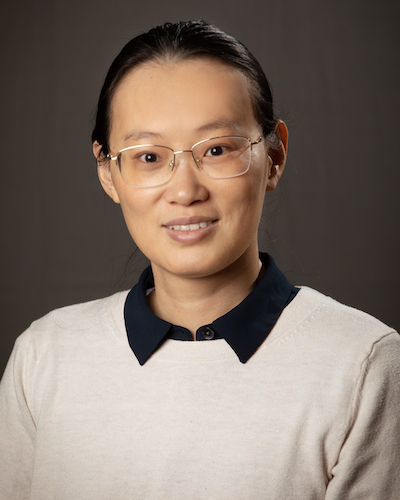
Ting Xiao, PhD |
November 13, 2024 | 4:00 p.m. | ESLC 046
Host: Dr. Seth Lyman
Affiliation: University of Utah (EGI)
About the Speaker: Ting Xiao's expertise include chemical analysis of carbon capture and sequestration subsurface reactive transport.

To Be Announced |
November 20, 2024 | 4:00 p.m. | ESLC 046
Host:
Affiliation:
About the Speaker:
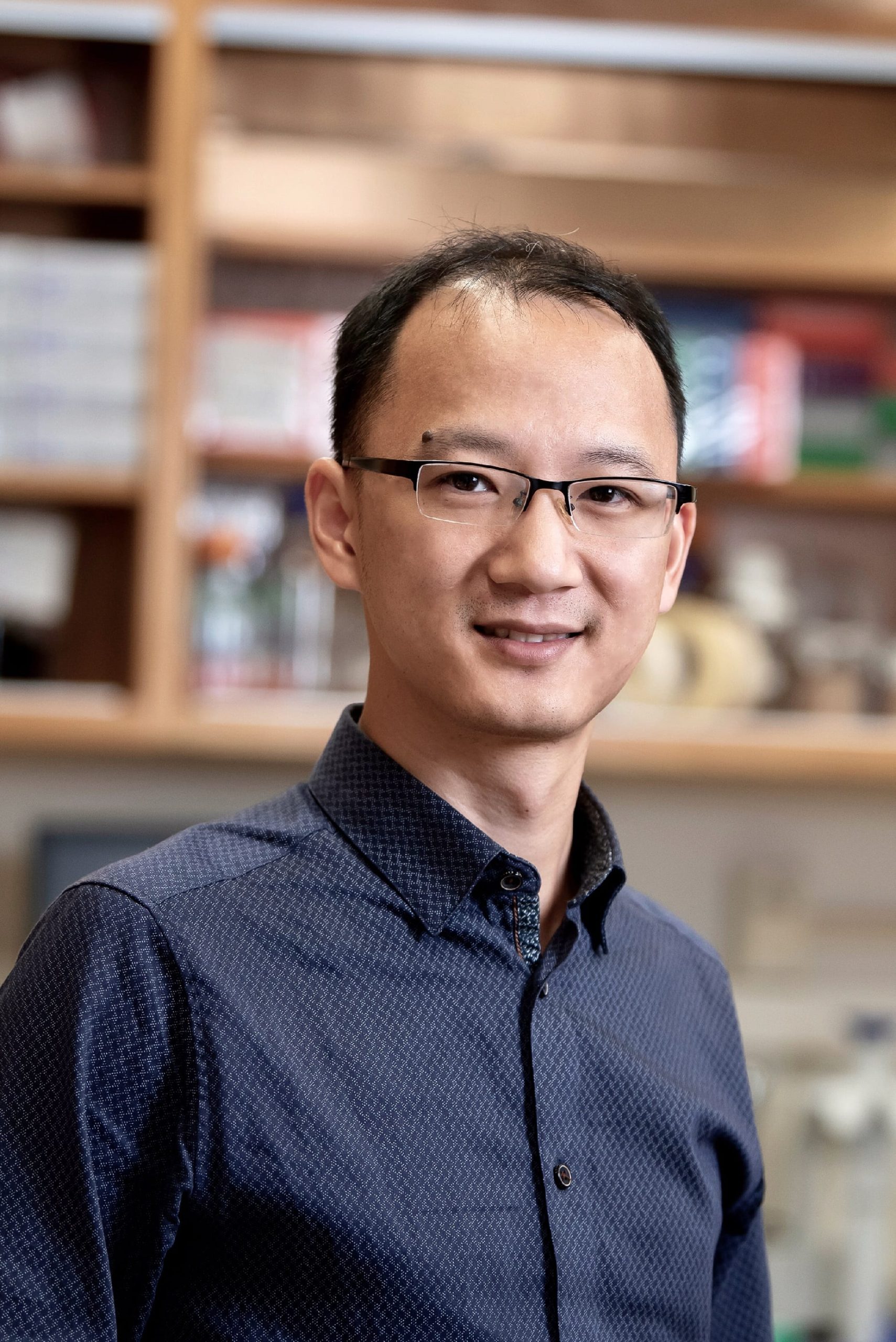
Xiongyi Huang, PhD |
December 4, 2024 | 4:00 p.m. | ESLC 046
Host: Dr. Gang Li
Affiliation: John Hopkins University
About the Speaker: Xiongyi grew up in Guilin – a small and quiet city in China known for its karst landscape. He received his B.S. degree in chemistry in 2010 from University of Science and Technology of China (USTC), where he worked on computational organic chemistry under the guidance of Prof. Yao Fu and Prof. Jing Shi. He then came to the United States and completed his graduate studies with Prof. John T. Groves at Princeton University as an HHMI International Predoctoral Fellow. During his PhD, Xiongyi has developed a series of Mn-catalyzed biomimetic C–H functionalization methods and collaborated with scientists at Merck and Mass General Hospital to develop new radiolabeling chemistry for applications in positron emission tomography (PET). After receiving his PhD in 2016, Xiongyi worked with Prof. Frances Arnold at Caltech, first as an NIH NRSA Postdoctoral Fellow and later as an NIH Pathway to Independence Postdoctoral Fellow. In the Arnold group, Xiongyi used directed evolution to engineer enzymes to catalyze reactions not previously present in biology. His postdoctoral work led to the development of the first enzymatic system for carbon−boron bond formation and a series of novel biocatalysts for organofluorine synthesis. Xiongyi began as an Assistant Professor in the Department of Chemistry at the Johns Hopkins University in September 2019.

